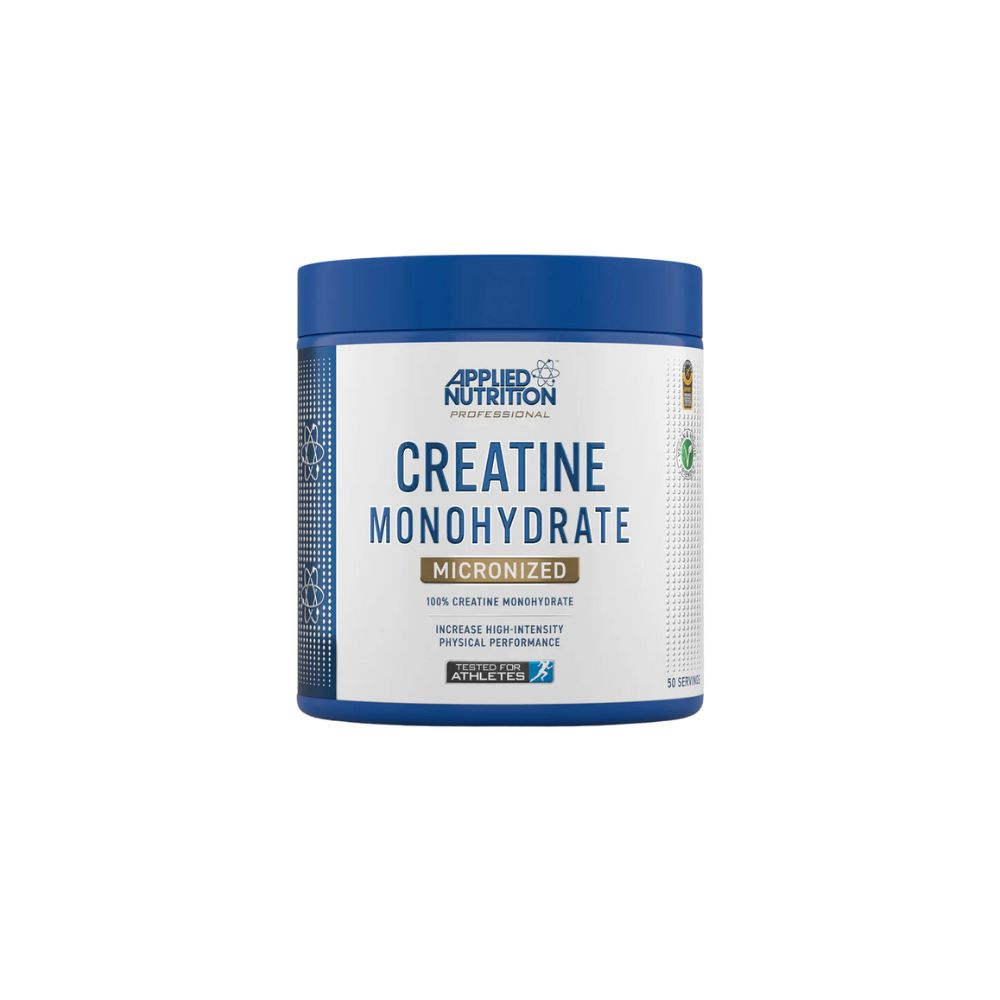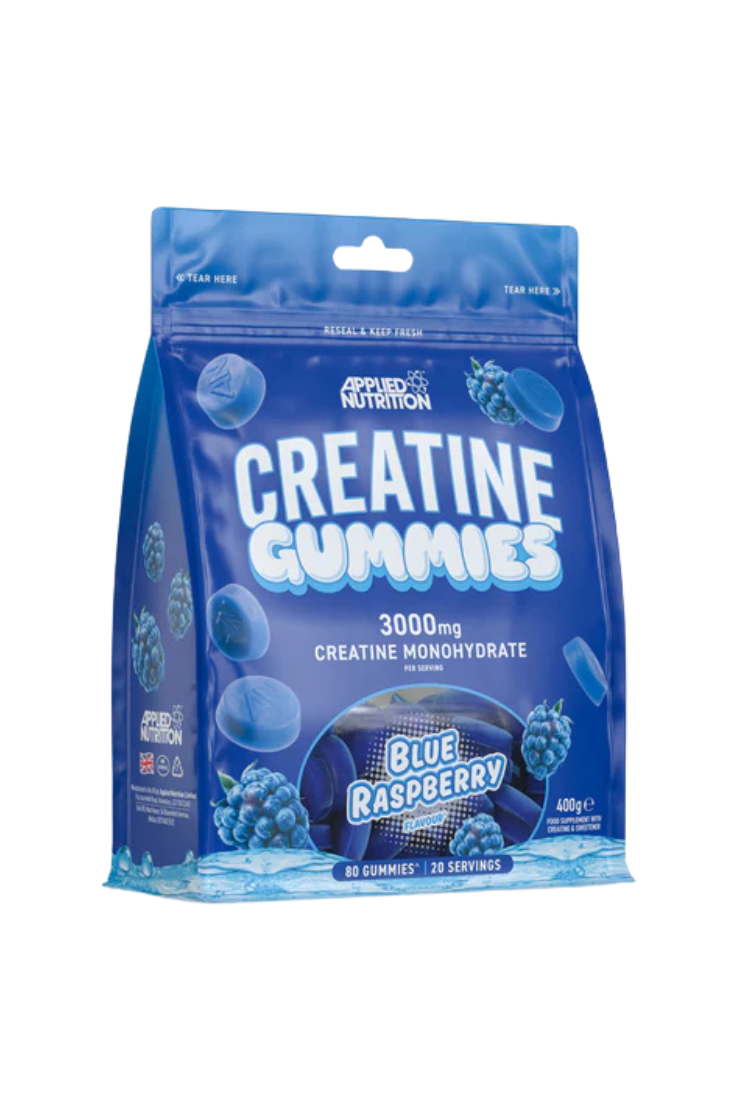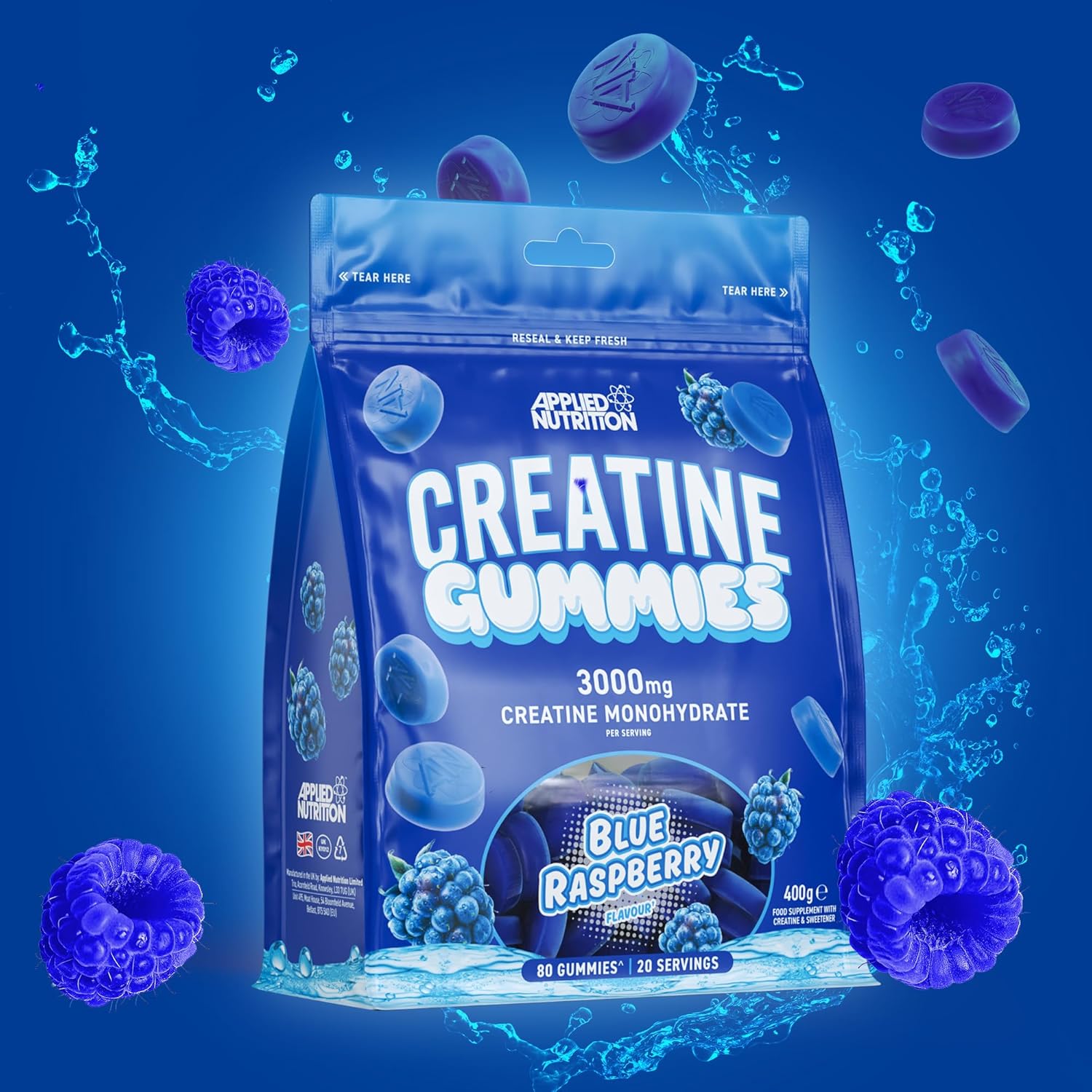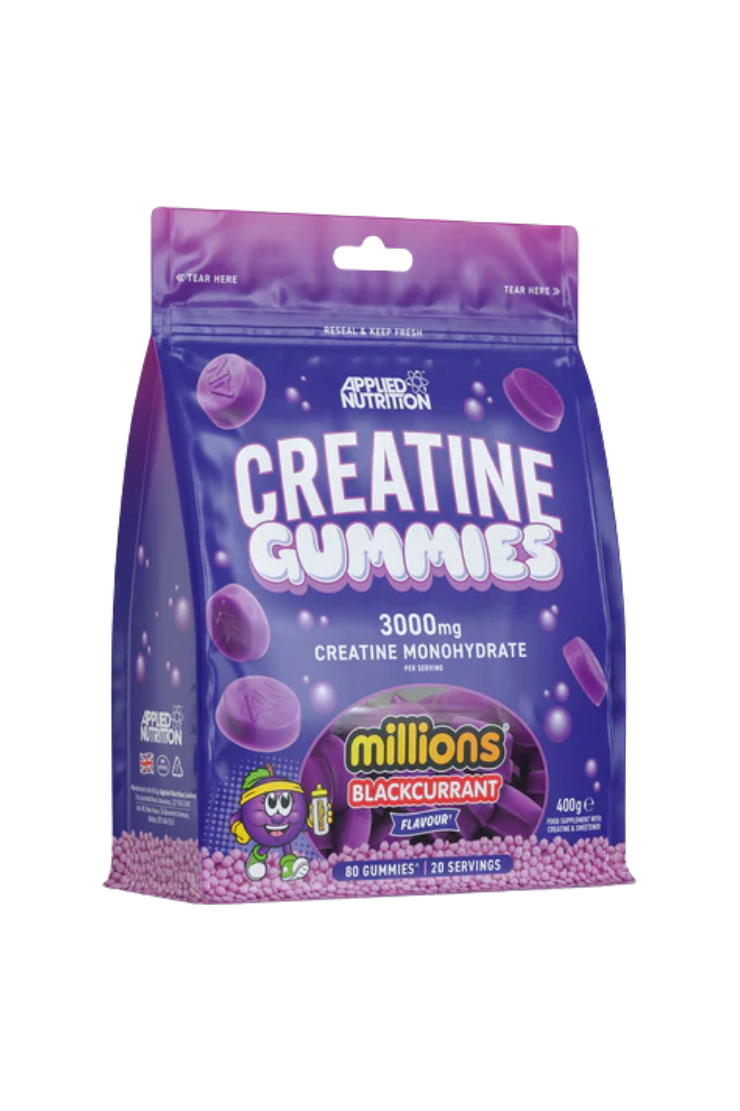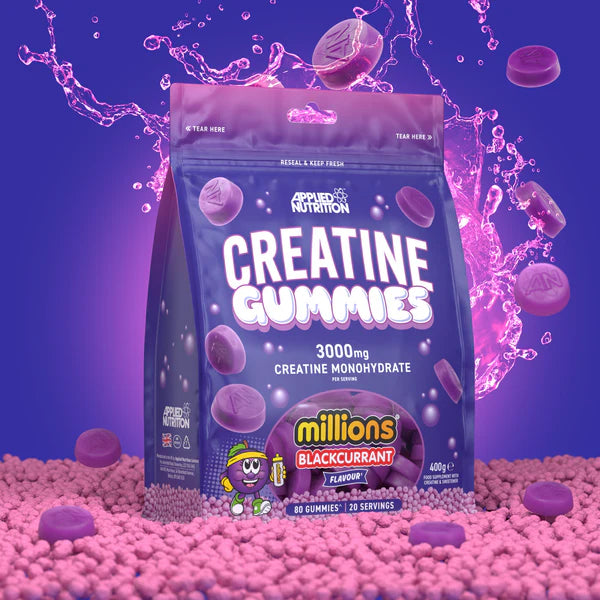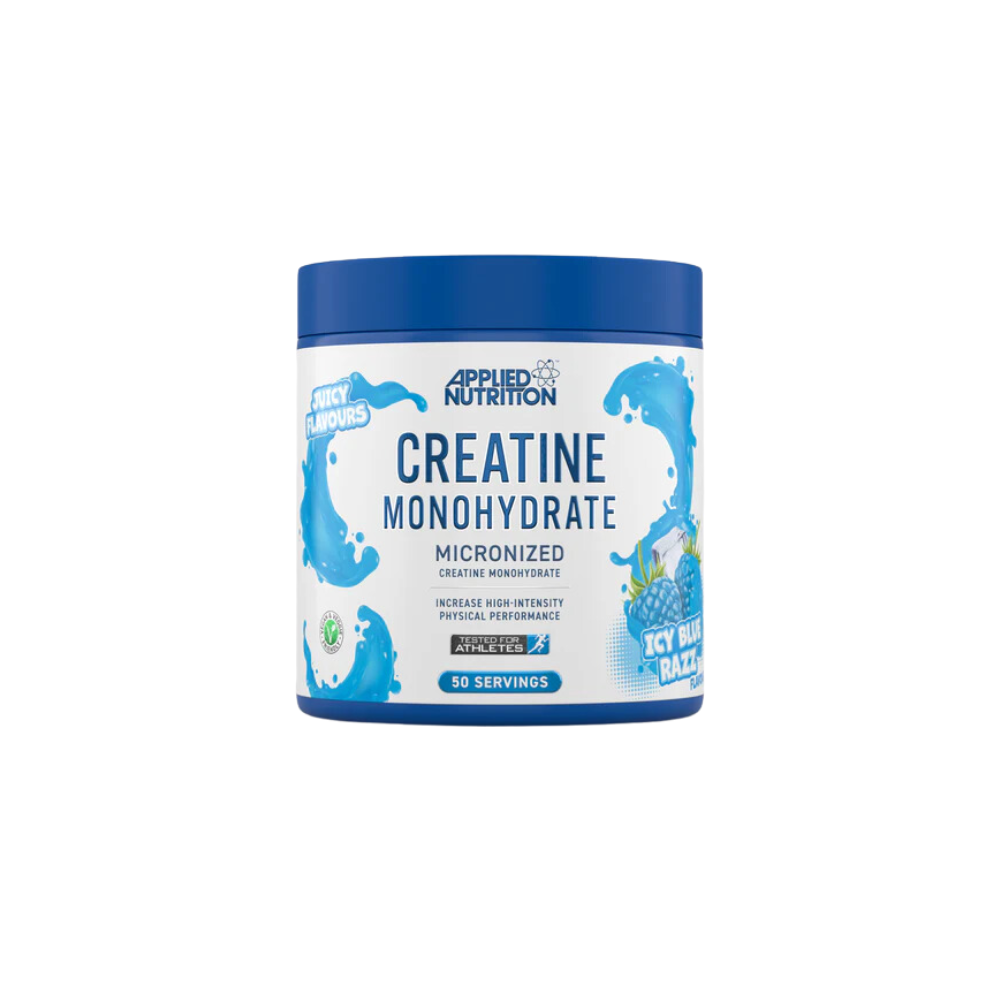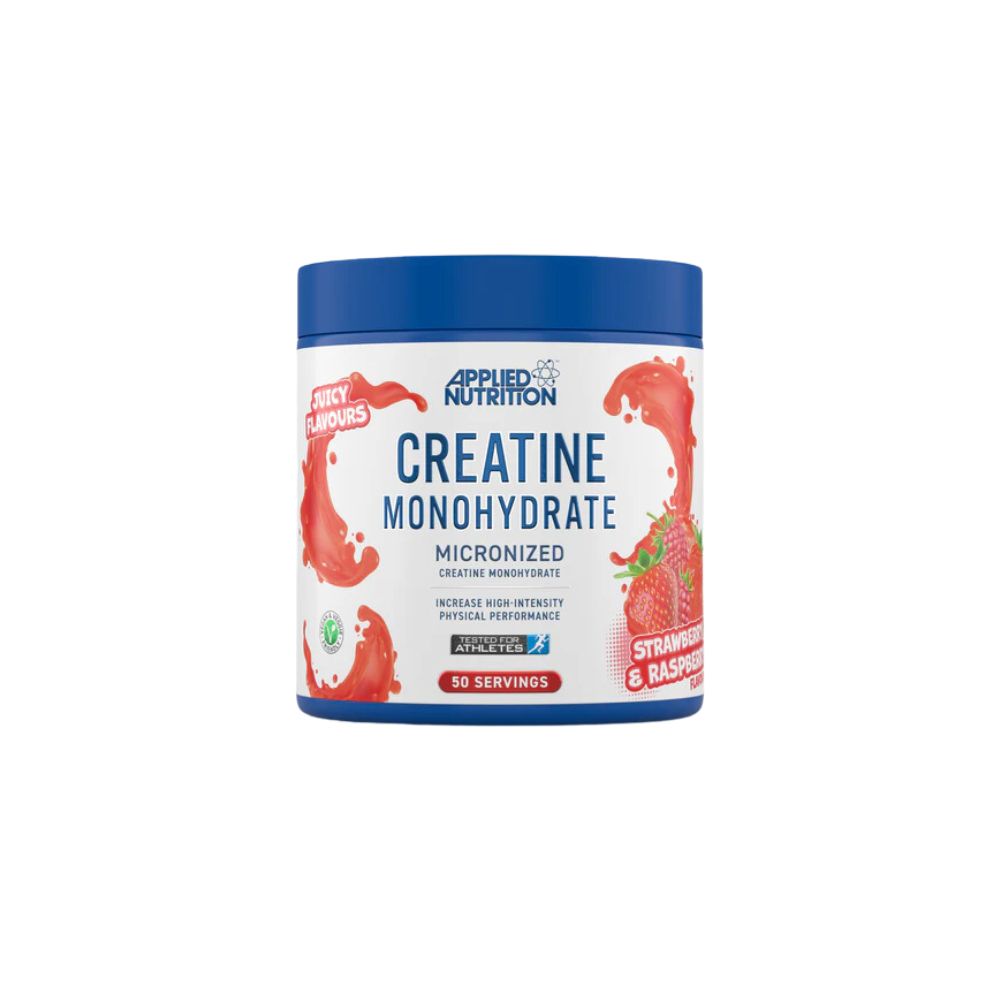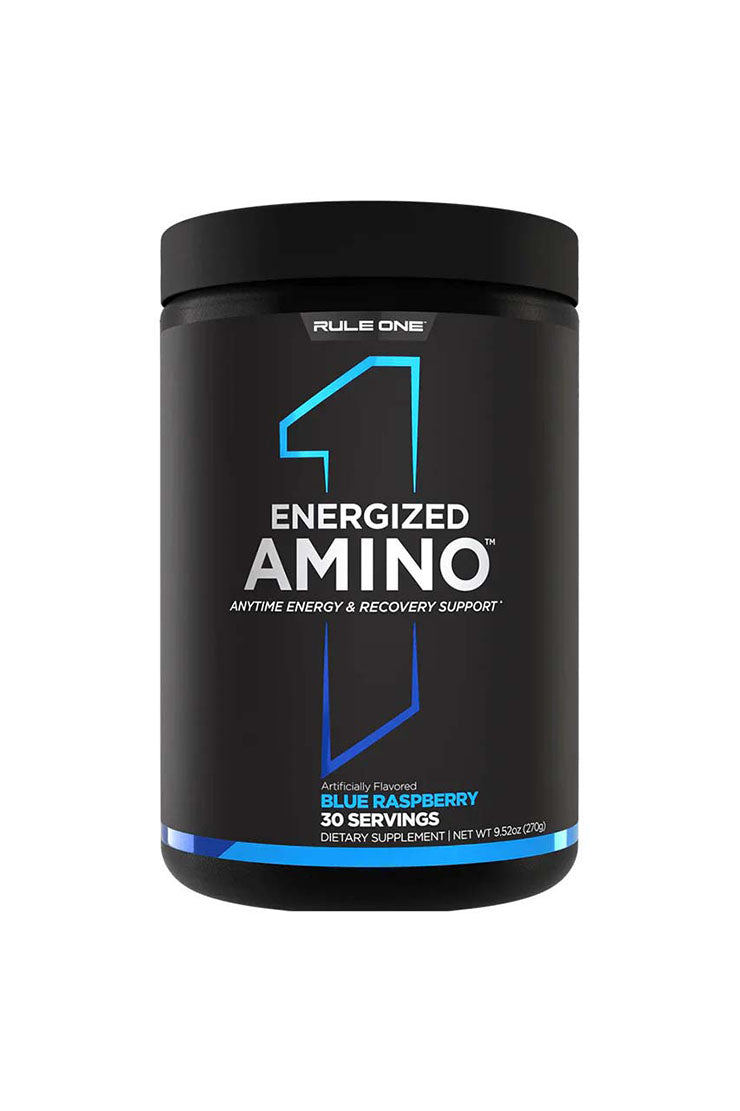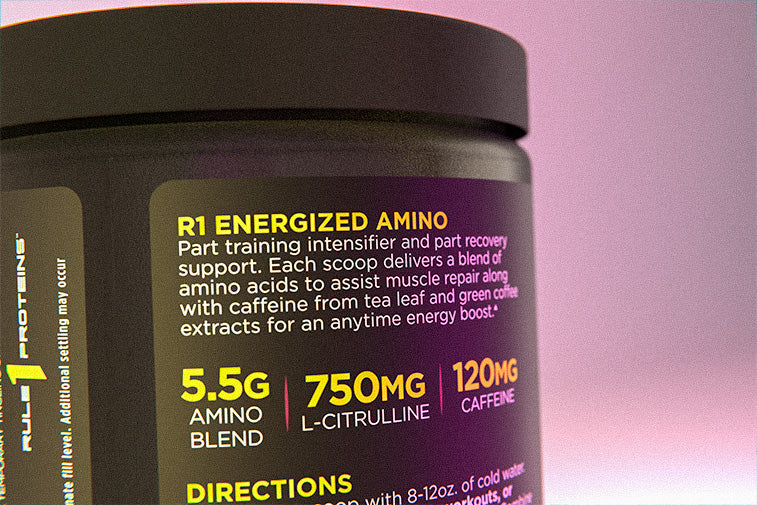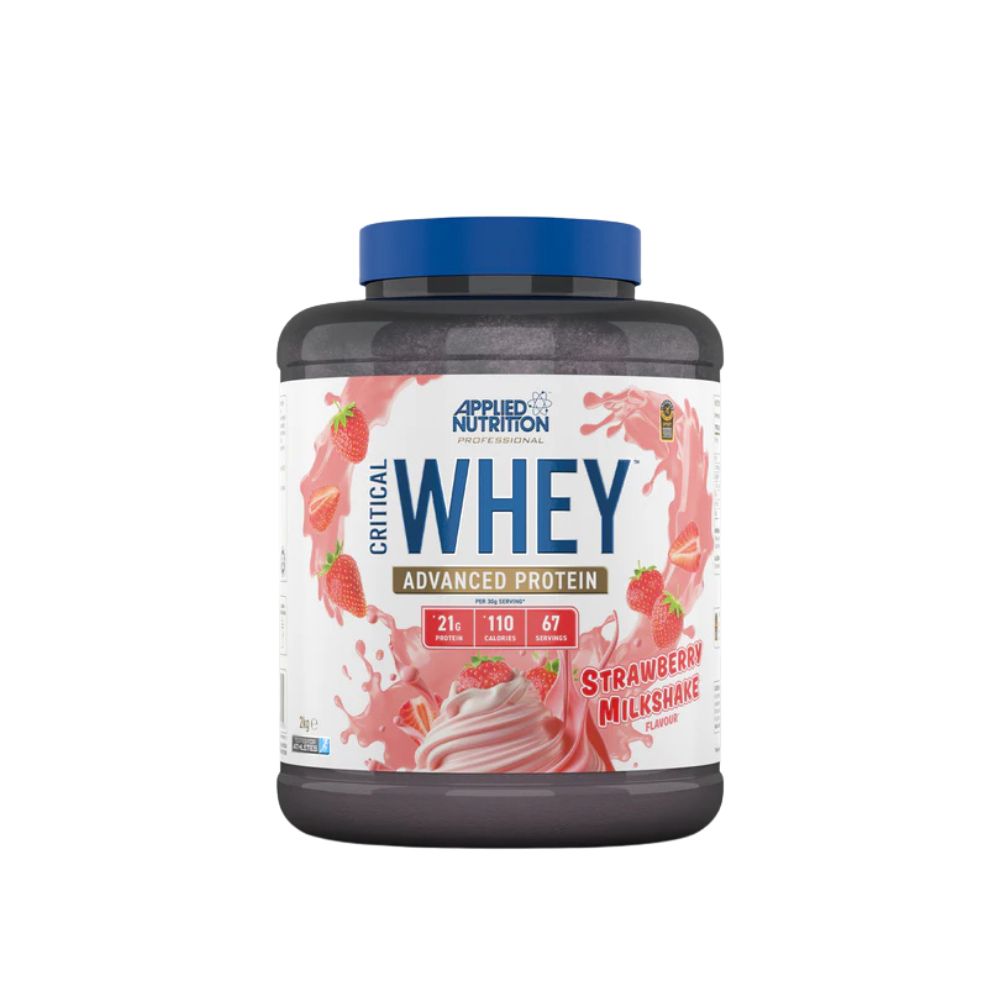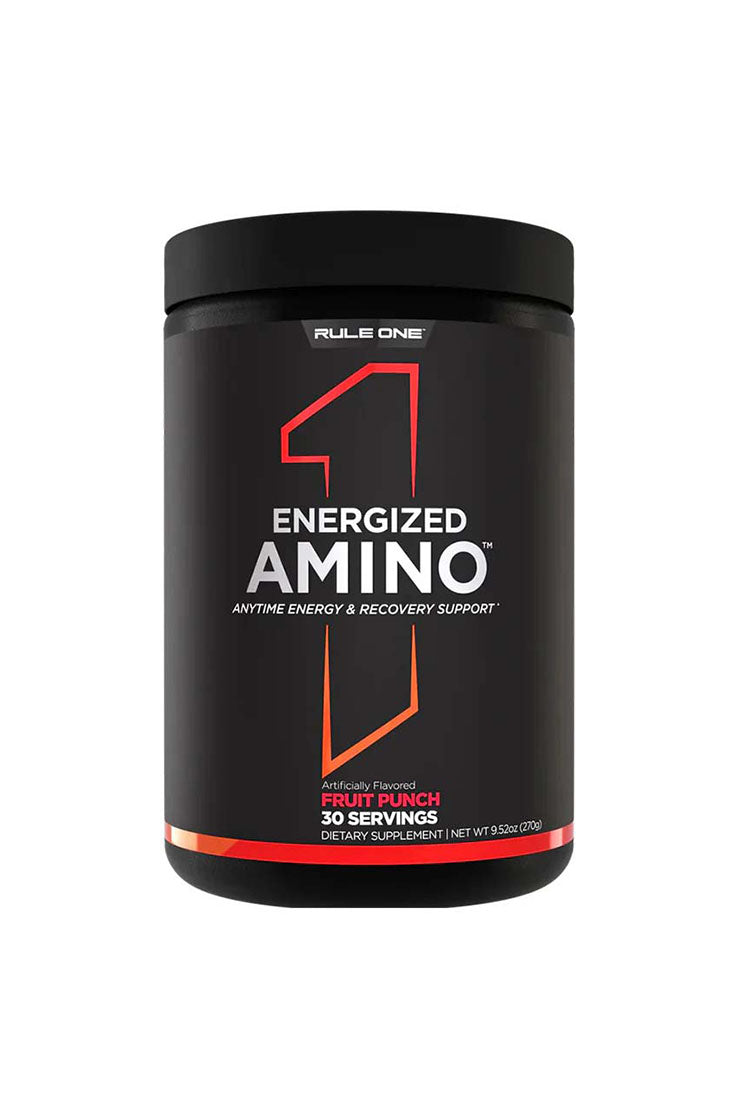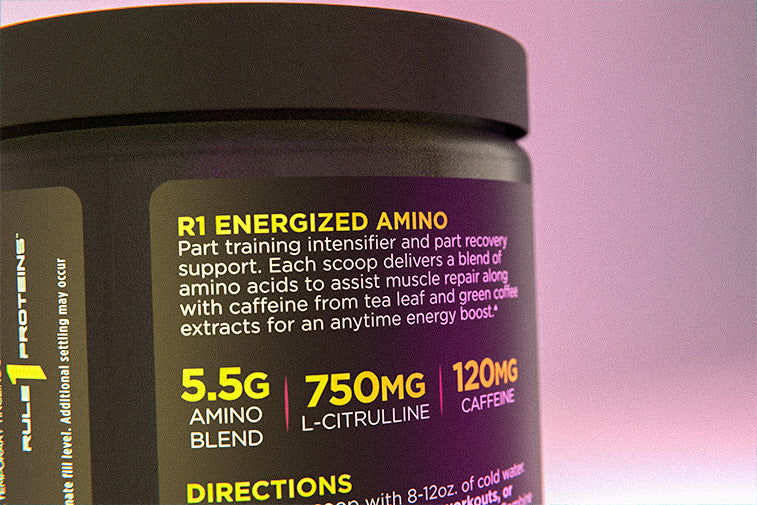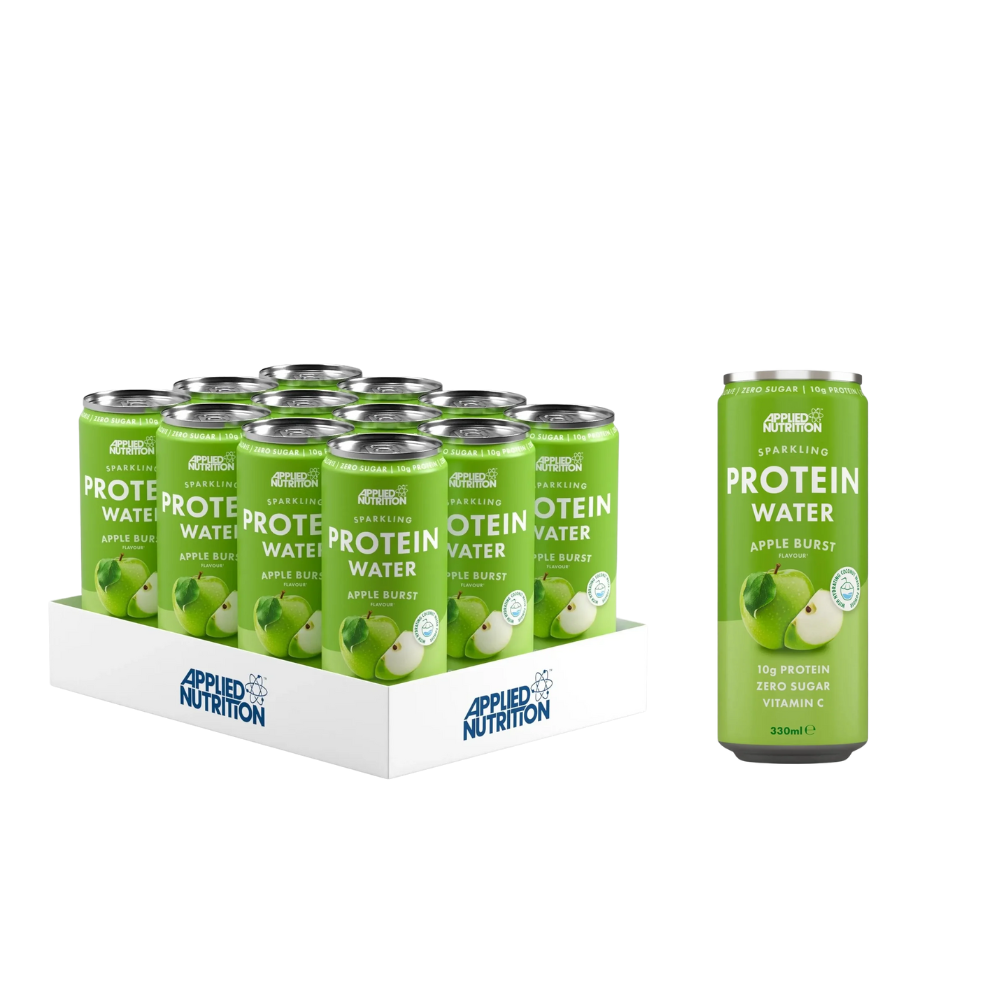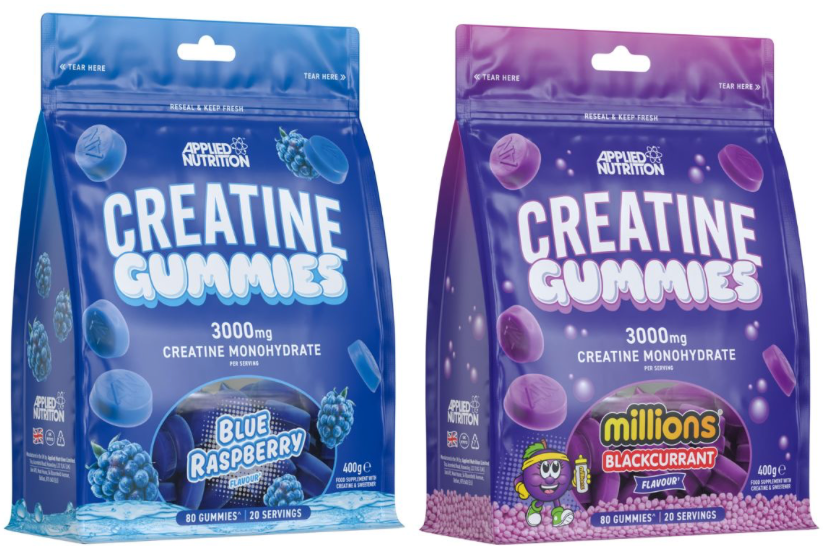Protein FAQ
What are the benefits of Protein?
At its core, protein is made up of amino acids, which are organic compounds that link together in chains to form a functional protein. There are 20 different amino acids, and the body uses these to build proteins it needs. These amino acids are classified into two categories:
- Essential amino acids: These cannot be made by the body and must be obtained through food.
- Non-essential amino acids: These can be made by the body.
When you consume protein, your digestive system breaks it down into amino acids, which are then used to create new proteins and perform various functions in the body.
Why is Protein Important?
Protein serves several vital functions, including:
- Building and Repairing Tissues: Protein is essential for the growth and repair of cells, tissues, and muscles. Whether it’s healing from an injury or maintaining muscle mass, protein is at the heart of cellular regeneration.
- Supporting Immune Function: Proteins form antibodies and enzymes, which play a critical role in the immune system. They help the body fend off infections and viruses.
- Making Hormones and Enzymes: Proteins are involved in the creation of hormones that regulate metabolic processes and enzymes that speed up chemical reactions in the body.
- Providing Energy: Although carbohydrates and fats are the primary sources of energy, protein can also be used for energy when needed. This is especially true in situations of starvation or when the body is under stress.
- Maintaining Healthy Skin, Hair, and Nails: Collagen, keratin, and elastin are all protein-based, and they help give structure to the skin, hair, and nails.
- Regulating Fluid Balance: Proteins in the blood help maintain fluid balance by regulating the movement of fluids in and out of cells and tissues.
How Much Protein Do We Need?
The amount of protein required varies depending on several factors like age, activity level, and health status. For most people, the Recommended Dietary Allowance (RDA) for protein is:
- 0.8 grams of protein per kilogram of body weight (for the average adult).
However, athletes, bodybuilders, pregnant or breastfeeding women, and individuals recovering from surgery or illness may need more. For active individuals, protein intake can range from 1.2 to 2.0 grams per kilogram of body weight, depending on the intensity of their physical activity.
Best Sources of Protein
Protein comes from both animal-based and plant-based foods. Here are some common sources:
- Animal-based sources:
- Plant-based sources:
Protein for Different Lifestyles
- For Active Individuals: Athletes or people engaging in intense exercise may need more protein to support muscle recovery and growth. Protein intake post-workout is especially important to help rebuild muscle tissue.
- For Vegetarians and Vegans: While plant-based diets can be rich in protein, it’s important for vegetarians and vegans to combine different plant-based protein sources to ensure they are getting all the essential amino acids. For example, beans and rice together form a complete protein.
- For Weight Loss: Protein can help with weight management by increasing satiety and reducing hunger. Consuming protein-rich foods helps you feel fuller for longer, making it easier to control calorie intake.
- For Aging Adults: As people age, they often experience muscle loss (sarcopenia). Increased protein intake helps preserve muscle mass and strength, which is important for overall health and mobility.
How to Get Started with a Protein Routine
We would recommend you to try our range of guilt-free yet tasty protein snacks
Shop All Protein Products
